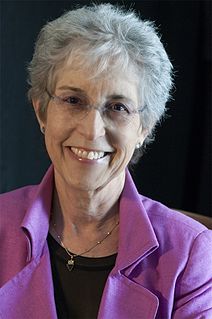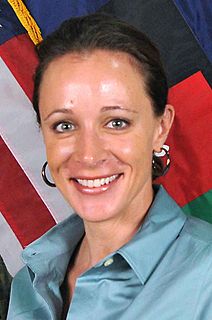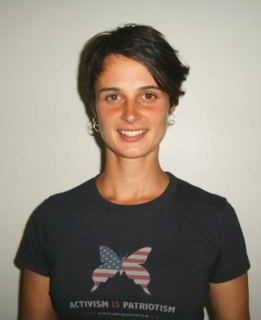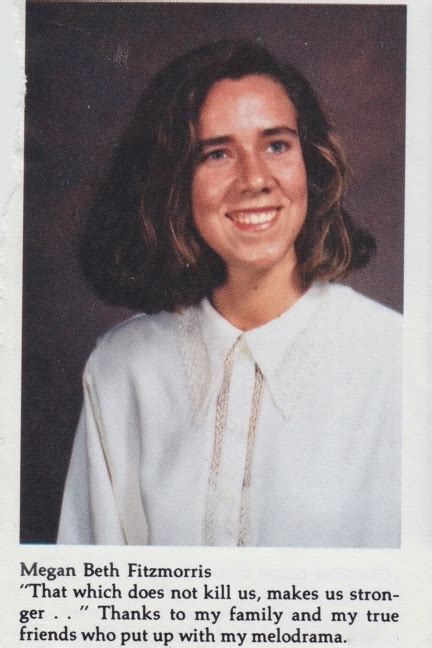A Quote by Martha Beck
My point is that perceptual bias can affect nut jobs and scientists alike. If we hold too rigidly to what we think we know, we ignore or avoid evidence of anything that might change our mind.
Related Quotes
We must all acknowledge our unconscious biases, and listen with less bias when women, and others who are marginalized, speak out. A lot of change is possible by just acknowledging unconscious bias - that exhaustively documented but unpleasant reality many would rather ignore - and listening with less bias and acting on what we then learn.
The scientific method is designed to help investigators overcome the most entrenched human cognitive habit: the confirmation bias, the tendency to notice and remember evidence that confirms our beliefs or decisions, and to ignore, dismiss, or forget evidence that is discrepant. That's why we are all inclined to stick to a hypothesis we believe in. Science is one way of forcing us, kicking and screaming if necessary, to modify our views.
Behind the cameras, there's a different problem, which I think is not unconscious gender bias. It's probably categorized more as conscious gender bias. Because everybody's known the numbers for decades. Nobody's stunned to hear there are very few female directors, only 4 or 7 percent. Everybody knows, but it doesn't change anything. It doesn't make people say, "Wow! We should change that." Nothing happens. It's utterly stagnant.
Sometimes people hold a core belief that is very strong. When they are presented with evidence that works against that belief, the new evidence cannot be accepted. It would create a feeling that is extremely uncomfortable, called cognitive dissonance. And because it is so important to protect the core belief, they will rationalize, ignore and even deny anything that doesn't fit in with the core belief.
I think our responsibility as political leaders today, is to push our economic leaders to change their investment behavior, to decide new things, and to help workers to change their jobs. And I think the mistake that Donald Trump decided to make is exactly the mistake we made in France and in Europe. Which was to resist to the change in order to protect the old jobs. What we have to protect is people, not jobs. If you want to protect people, you retrain them.
Our mind has its history, just as our body has its history. You might be just as astonished that man has an appendix, for instance. Does he know he ought to have an appendix? He is just born with it....Our unconscious mind, like our body, is a storehouse of relics and memories of the past. A study of the structure of the unconscious collective mind would reveal the same discoveries as you make in comparative anatomy. We do not need to think that there is anything mystical about it.
An affectionate disposition not only makes the mind more peaceful
and calm, but it affects our body in a positive way too. On the
other hand, hatred, jealousy and fear upset our peace of mind, make
us agitated and affect our body adversely. Even our body needs peace
of mind and is not suited to agitation. This shows that an
appreciation for peace of mind is in our blood.
Scientists may study mainly matter but they cannot ignore the human mind, or consciousness: spiritual practitioners may be engaging mainly in developing the mind but they cannot completely ignore their physical needs. It is for this reason that I have always stressed the importance of combining both mental and the material approach to achieving happiness for humankind.


































